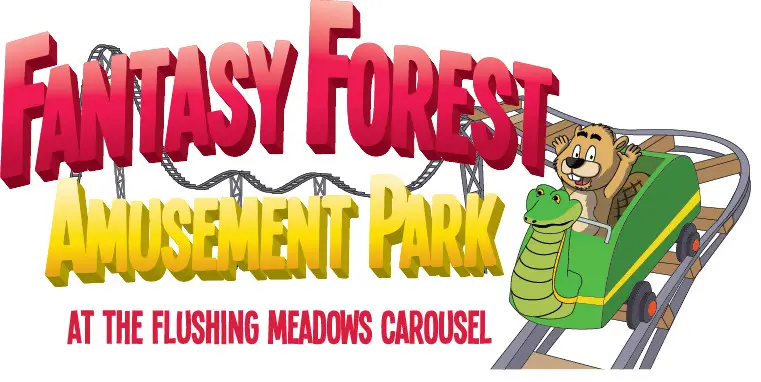
Coronavirus in Toddlers: This is How to Keep Toddlers Safe During COVID-19
Medical experts share how you can keep kids 2 and younger safe during COVID-19—and ensure they stay on track for social and developmental milestones.
Get can’t-miss family activities sent to you!
Get the Best Family Activities
Stockert says parents should help their kids apply soap when needed. The CDC recommends scrubbing your hands with soap for at least 20 seconds. Sing a fun song with your kids (such as “Happy Birthday” or maybe the chorus to a classic) to help them scrub while also having fun.
Should I be concerned that my toddler isn’t socializing with kids their age since they aren’t in preschool / day care right now?
Because preschools are closed and day care centers (if open) were largely for children of essential workers for the past few months, parents might be concerned their young child’s early childhood socialization and developmental milestones aren’t being nurtured.
RELATED: How Day Cares are Keeping Kids Safe Upon Reopening
Dr. Hes and Stockert say young children don’t typically play collaboratively with other children at this age. Instead, toddlers enjoy playing alongside other people or children. This stage in development is called “parallel play.”
This means your toddler will not “miss” playing collaboratively with other kids, Dr. Hes says. They just need to be interacting with other people in some capacity, which you can do at home or from a safe social distance. “Unlike older children who may miss their peers, toddlers are egocentric and generally play on their own or look to their parent for attention,” Stockert adds.
But don’t let that stop you from having socially distant playdates. If the kids are monitored properly, you can have a safe playdate in person—or host a virtual playdate.
When it comes to developmental milestones, Dr. Hes recommends parents be proactive in making sure their children are in the proper position to reach them. This can be achieved from a wide variety of activities.
Communicating and speaking with your young child is important to help them learn language. Read to your young children every day, speak to them in full sentences, and encourage them to use their words.
“For the kids who aren’t great speakers…their parents can understand their mumbled language because the parents know that ‘babba’ means bottle and ‘wawa’ means water,” Dr. Hes says. “But if they were in a day care setting or in a play group, they would be forced to use their words to communicate and that’s really not happening now with COVID.”
Dr. Hes also recommends parents try to keep their kids physically active. This includes simple activities such as going for a walk, going up stairs, or going to parks early in the morning before they tend to get crowded. She also urges parents from keeping their kids inside on screens all day. Try baking cookies or bread with your young children, have them help with chores (yes, even 2-year-olds!), encourage them to draw and color, make musical instruments out of pots and pans, build with blocks, or play peek-a-boo with babies and hide-and-seek with toddlers.









